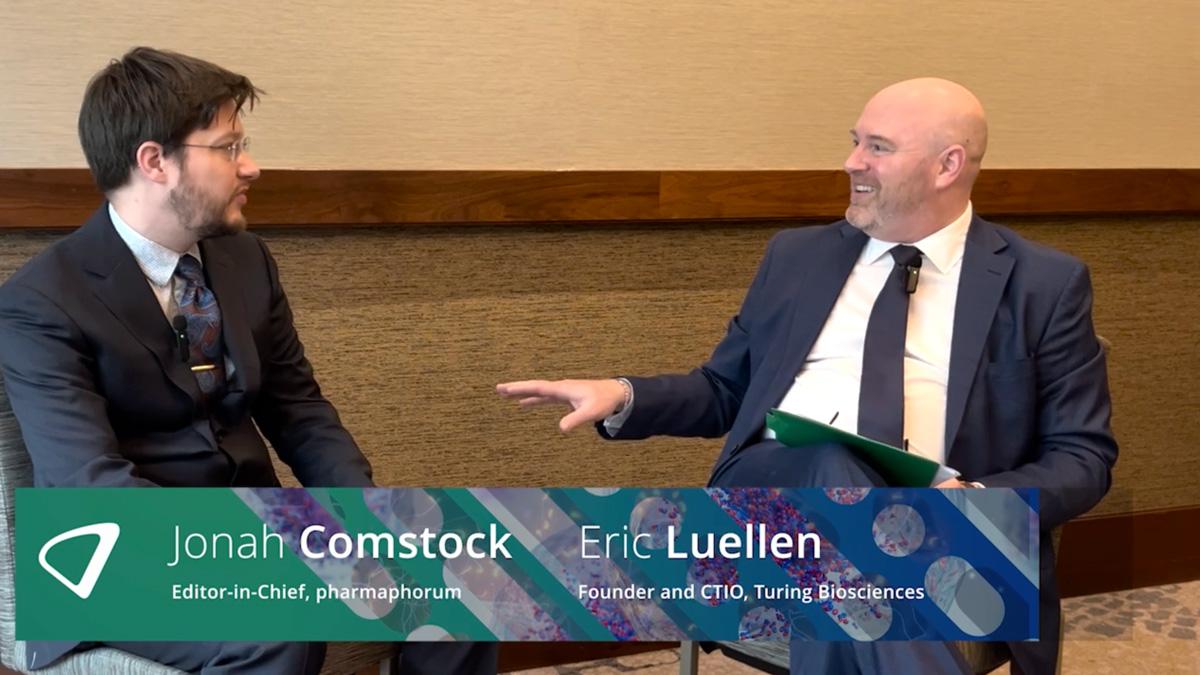First rare disease therapies chosen for FDA START programme

An initiative set up by the FDA to accelerate the development of therapies for rare disease in the same way that Operation Warp Speed delivered COVID-19 vaccine has chosen its first pilot programme candidates.
The Support for Clinical Trials Advancing Rare Disease Therapeutics (START) scheme was set up last year to address challenges associated with rare disease drug development and speed up the regulatory process.
Denali Therapeutics, Neurogene, Larimar Therapeutics, and Grace Science will be the first companies to benefit from the FDA's higher levels of guidance and advice in areas like clinical trial design, patient population selection, use of nonclinical information, and product characterisation. The pilot is expected to eventually include six or more projects.
Denali’s candidate is its DNL12 enzyme replacement therapy (ERT) for mucopolysaccharidosis (MPS) IIIA, a form of lysosomal storage disease also known as Sanfilippo syndrome type A, which is in a phase 1/2 trial.
Currently, there is no FDA-approved treatment for the devastating neurodegenerative disease, which cuts the average lifespan of patients to around 15 years. Prior attempts to develop ART for the MPS IIIA have not been successful, and there have also been disappointing results with bone marrow transplants, according to the National MPS Society.
Neurogene has contributed its gene therapy NGN-401 for Rett syndrome, a rare genetic neurological disorder that occurs almost exclusively in girls and leads to severe impairments in the way the brain develops. The therapy is in a phase 1/2 trial with preliminary safety data already in and the first efficacy results due before the end of this year.
At the time of writing, one therapy has been approved for Rett syndrome, Acadia Pharmaceuticals’ $375,000-per-year Daybue (trofinetide), but Neurogene’s approach could offer a one-shot alternative if successful in trials.
Larimar is taking part in the pilot with its nomlabofusp protein replacement therapy for Friedreich’s ataxia (FA), a devastating and progressive disease caused by mutations that lead to low levels of frataxin, a protein necessary for the correct functioning of mitochondria.
Nomlabofusp is designed to deliver frataxin to mitochondria and has generated positive top-line results in a phase 2 study, with a regulatory filing expected to take place in the latter half of next year. The FDA approved Biogen’s $370,000-a-year Skyclarys (omaveloxolone) as the first treatment for FA last year.
Finally, Grace Science’s GS-100 gene therapy for NGLY1 deficiency has been included in START, shortly after a second patient was treated with it in the initial part of a phase 1/2/3 study. A third patient is due to be treated at a higher dose later this summer.
NGLY1 deficiency is a serious, life-threatening disease with no approved therapy that causes developmental delay, cognitive impairment, movement disorders, and other neurological symptoms.
When START was launched, the FDA said the aim was to “facilitate more efficient development of potentially life-saving therapies with rare disease indications and help sponsors generate high-quality, compelling data to support a future marketing application.”
Image by Mohamed Hassan from Pixabay













